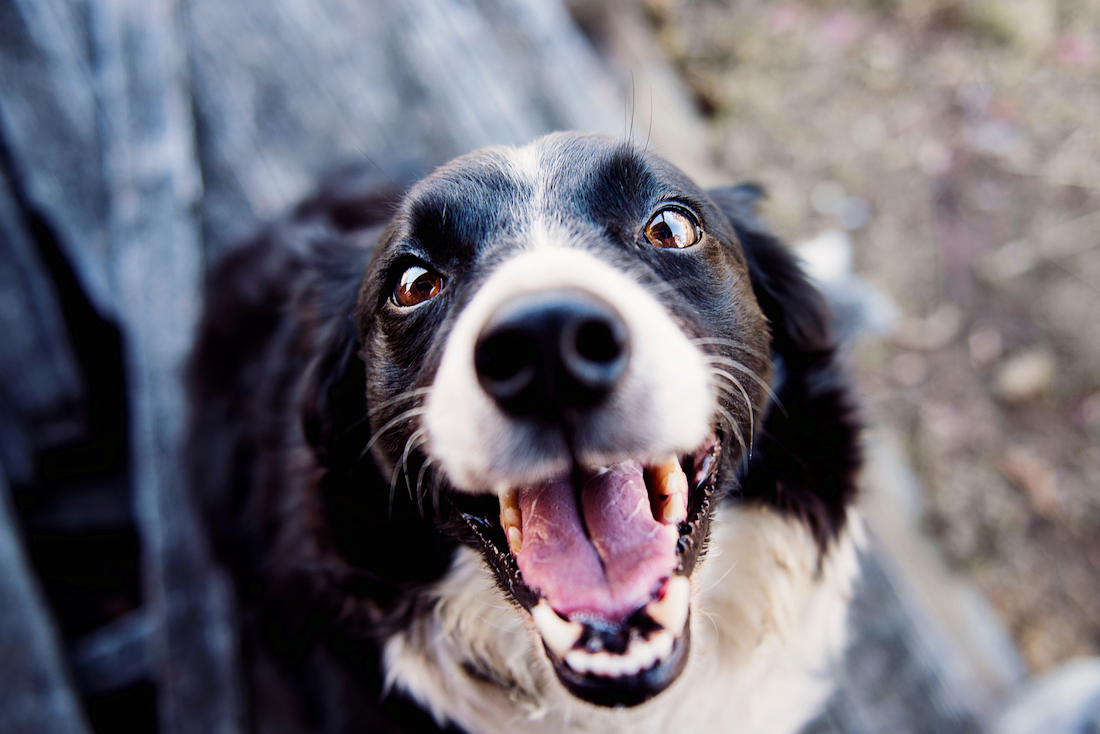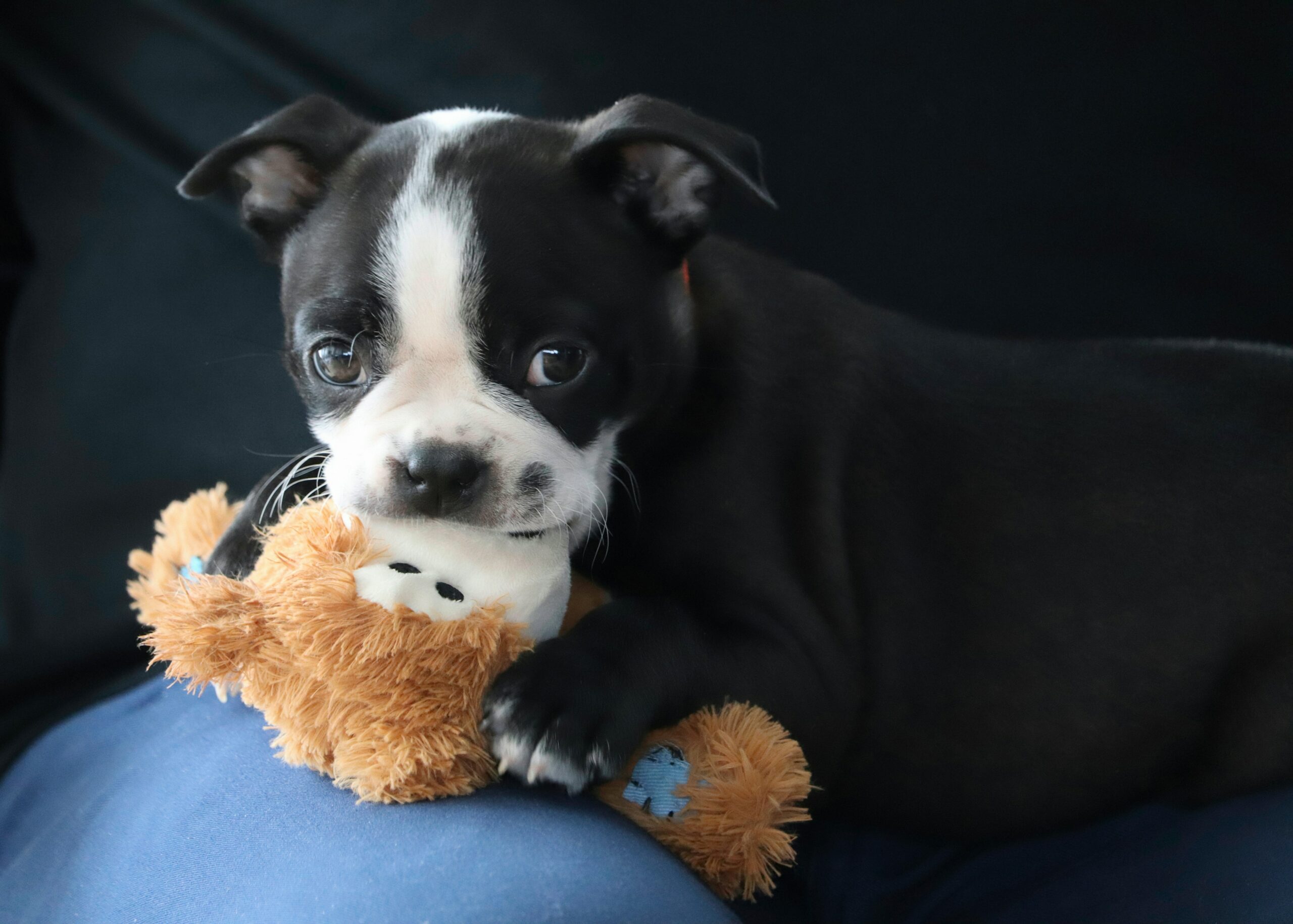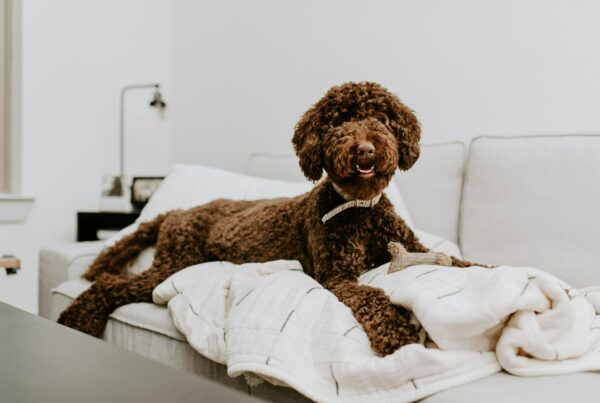Your dog wants to be close to you all the time, so it may be distressing when your dog’s odor becomes unpleasant. It’s important to understand what may be causing the odor and take an active approach instead of avoiding or simply tolerating the problem.
Ensure That Your Dog Has Good Nutritional Intake
Nutritional deficiencies and digestive problems can cause your dog to have unhealthy skin and emit an unpleasant odor. A nutritional supplement that includes healthy probiotics and digestive enzymes can enhance your dog’s natural ability to remove toxins from his or her body. An enzyme rich supplement such as Propower plus can help your dog’s digestion while also improving your dog’s oral health and freshening breath. Improved digestive health, a healthier coat, and cleaner teeth and gums can help make a big difference in your dog’s overall odor.
Manage Your Dog’s Oral Health
Some dog owners are overwhelmed by the odor of their dog’s breath. However, it’s important to recognize that bad breath may be indicative of a serious oral health problem. Periodontal disease, plaque build-up, and tooth decay can all lead to infections that may cause your dog serious discomfort or pain. In order to keep your dog’s oral health intact, it’s important that you optimize their nutritional intake. Second, you need to brush your dog’s teeth on a regular basis. It’s best to start brushing your dog’s teeth when he or she is still a puppy so he or she will be accustomed to it. If your dog is older, brushing may require a little training and patience. Try treats to incentivize your dog to sit still and open wide. Use a soft bristled toothbrush is designed for canine use as well as a toothpaste that’s formulated for dogs. Brush with gentle and slow circular strokes. You need to brush slightly below the gumline to reach the trapped tartar.
Bathe Your Dog Frequently
One of the most common reasons for a furry friend’s foul smell may simply be that he or she needs a bath. Longer haired breeds need to be bathed especially frequently. In addition to dirt being trapped in fur, dead skin cells and dander can take on a pungent odor within just a few days. Don’t wait too long to give your dog a bath when needed, and don’t feel as though you need to bring your dog to a professional groomer just for a bath. One of the best way’s how to control your dog’s odor is regular bathing. Get an all-natural shampoo intended for dogs; don’t use regular soap or shampoo for people. If your dog is resistant to bath time, try using treats to make the process go smoother. Using a handheld shower head is the best approach to washing every part of your dog with ease. If you have a bathtub instead of a shower stall, you should bathe your dog in it only if you can lift him or her with ease. If you have a large dog who you can’t easily lift in and out of a tub, you can try bathing him or her outside. Hosing your dog off with a spray nozzle is a good alternative to bathing and a mess-free alternative to bathing your dog inside your home, and your dog may enjoy some playtime with a hose. If you live in a cold weather region and it’s too cold to bathe your dog outside during some months, you can try filling a small tub or kiddie pool in your kitchen or basement with warm water.
You and your dog enjoy being physically close, so you can’t let bad odors get in the way. Address unpleasant smells with good nutrition and grooming and be sure to rule out any potential medical causes with your veterinarian.




